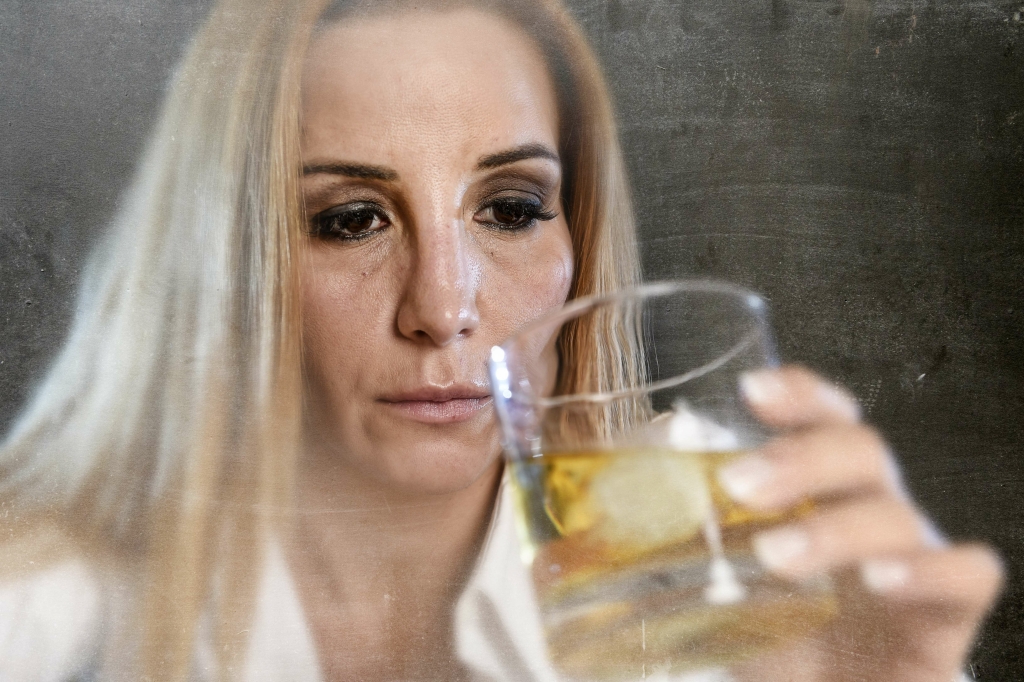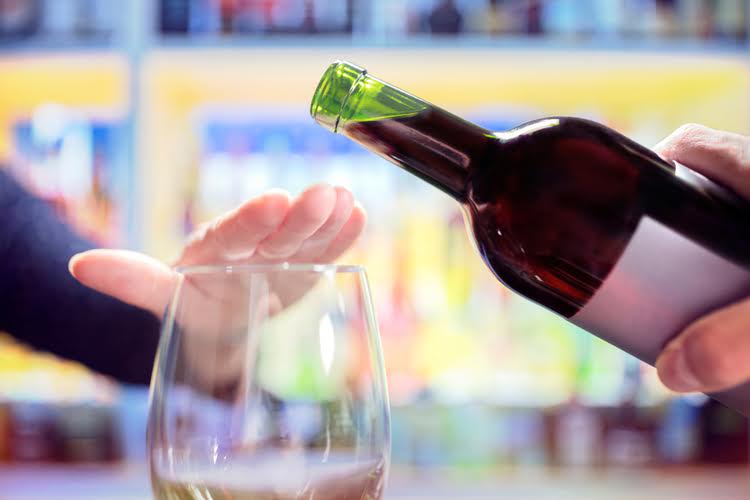Alcohol can impair the liver’s function, which is responsible for producing many of the blood clotting factors. Long-term https://www.mocache.gob.ec/sober-vs-drunk-how-life-can-change-for-you-2/ heavy alcohol use can lead to liver damage and disrupt the normal clotting process. It’s important to be aware of the potential impact of alcohol on clotting factors, especially if you are taking medication that affects blood clotting or have a history of bleeding disorders. Your healthcare provider can provide personalized advice based on your unique circumstances. They may consider factors such as the type of blood thinner you are taking, your overall health, and any other medications you are using. They can help you understand the risks, identify warning signs, and provide guidance on safe alcohol consumption.
Excessive Bleeding

Alcohol use — especially in excess — can also pose other risks to your health. Blood thinners inhibit clotting factors or prevent platelets from clumping, reducing the blood’s ability to form clots. Common categories include Vitamin K antagonists (e.g., warfarin) and Direct Oral Anticoagulants (DOACs) like rivaroxaban, apixaban, dabigatran, and edoxaban. These work by preventing or undoing coagulation, which is how your body starts to make clots. Different anticoagulants work at different parts of the coagulation process.
Blood Thinners FAQs

However, it is important to consult with a healthcare professional, as individual factors can affect how dangerous alcohol consumption is while taking blood thinners. Additionally, those with chronic medical problems, especially related to the liver or kidneys, should be cautious as these organs affect the metabolism of the blood thinner. Blood thinners are drugs prescribed to prevent blood clots that can cause heart attacks or strokes. If you are taking blood thinners, alcohol use can increase your risk of bleeding. Combining alcohol with blood thinners can lead to a dangerous buildup of the drug in your body. This is because alcohol may slow down the rate at which your body breaks down and removes the blood-thinning drug.
- They may recommend limiting or avoiding alcohol altogether to reduce your risk of complications.
- However, it is important to consult with a healthcare professional, as individual factors can affect how dangerous alcohol consumption is while taking blood thinners.
- Therefore, a person should not drink alcohol instead of taking blood thinning medications as a doctor has prescribed.
- However, heavy drinking can increase the risk of bleeding, especially in combination with certain medications such as aspirin or warfarin.
Causes & Risk Factors

Blood thinners are broadly categorized into anticoagulants and antiplatelets. Anticoagulants affect the chemical steps leading to clot formation, while antiplatelets prevent platelets from clustering into clots. Despite these differences, both types of medications pose significant risks when combined with alcohol. Around eight million people rely on blood thinners each year, yet many remain unaware is vodka a blood thinner of how these medications interact with substances such as alcohol.
FAQs: Common Questions About Vodka and Blood Thinning
The impact of alcohol on blood clotting can vary marijuana addiction depending on the individual and the amount of alcohol consumed. These work by blocking a protein that makes your platelets stick together and to the walls of your blood vessels, forming clots. They’re often prescribed to people at risk of having future blood clots, rather than to treat existing ones. It’s essential to apply moderation when it comes to alcohol consumption while on Eliquis. Whether you’re a casual drinker or enjoy a glass of wine with dinner, it’s essential to discuss your alcohol consumption habits with your doctor if you’re taking Eliquis.
